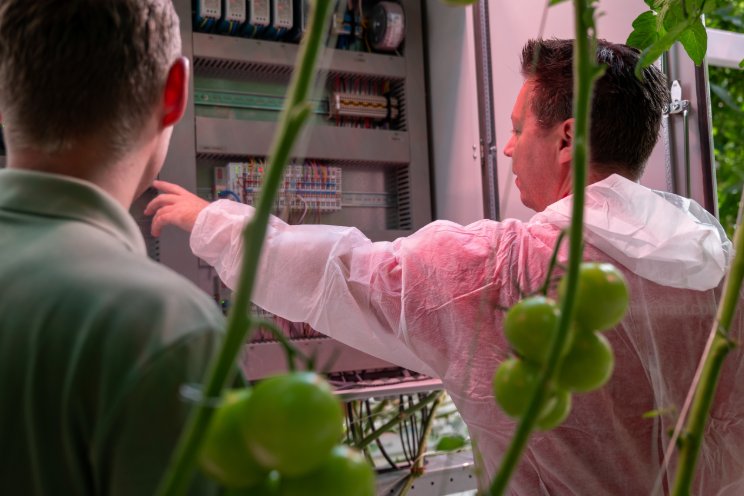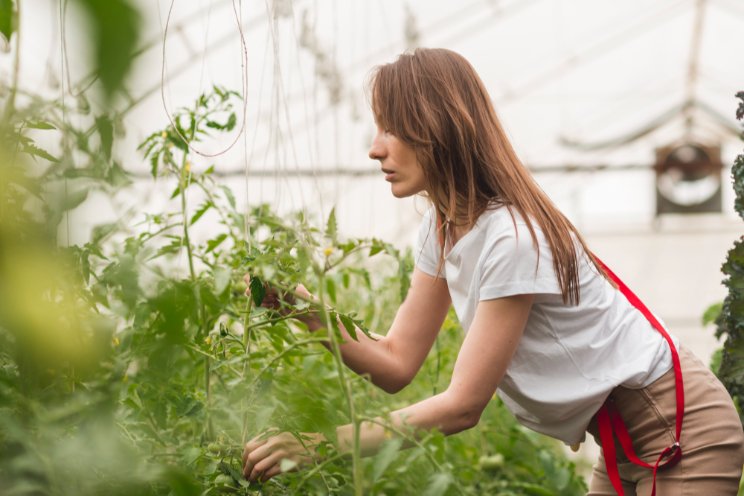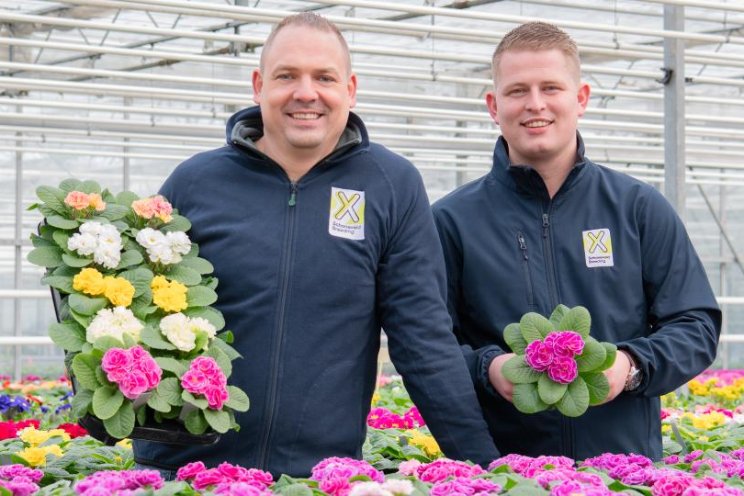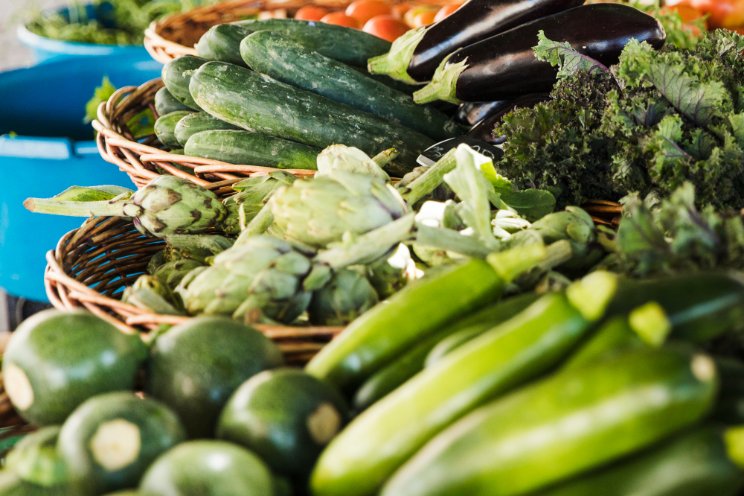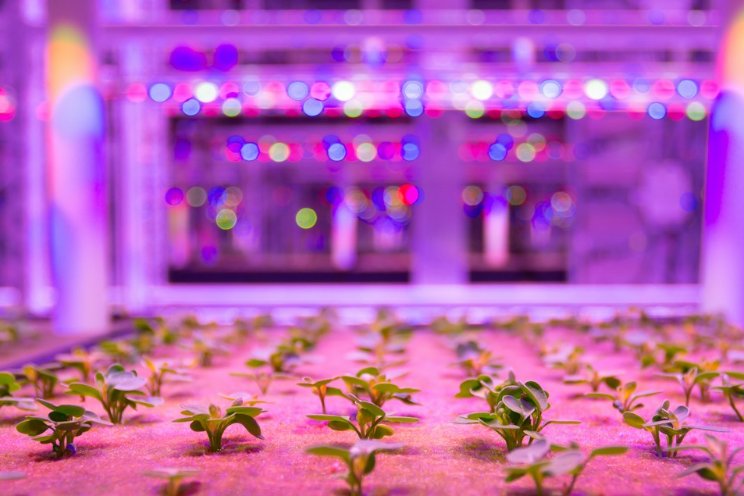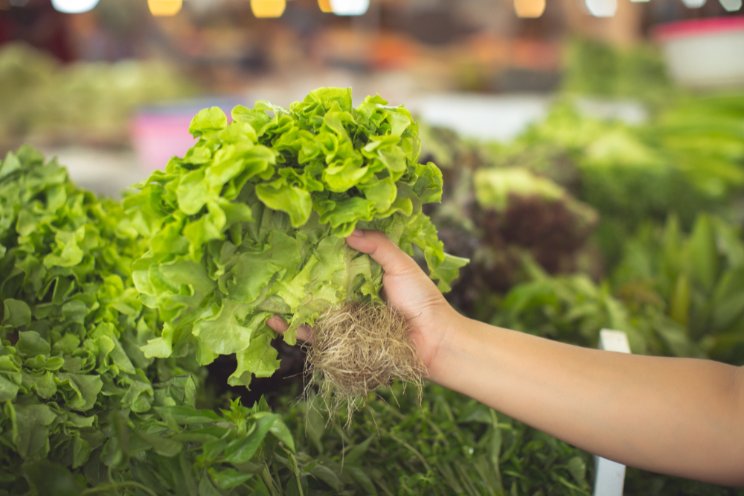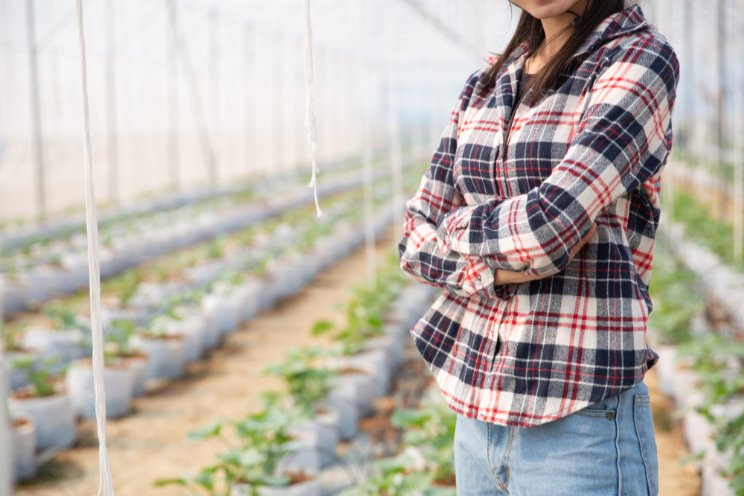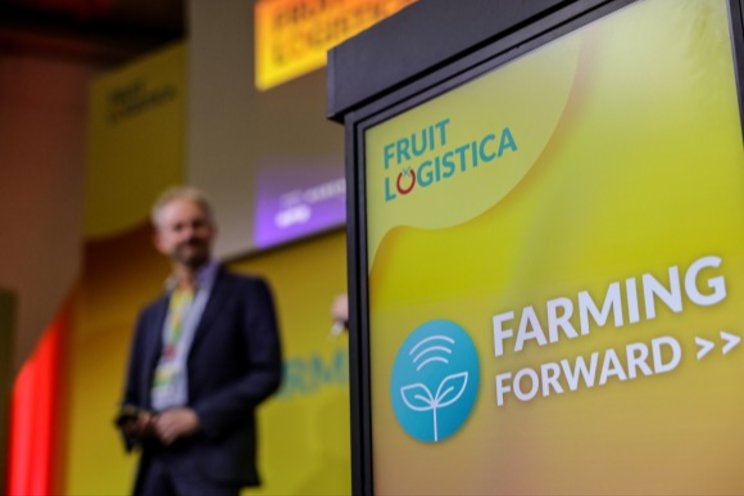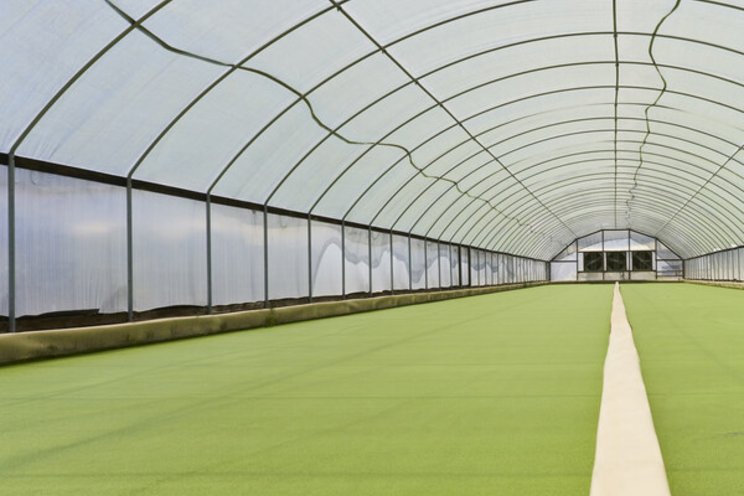Holistic approach for seed treatment & soil health
Added on 15 July 2021
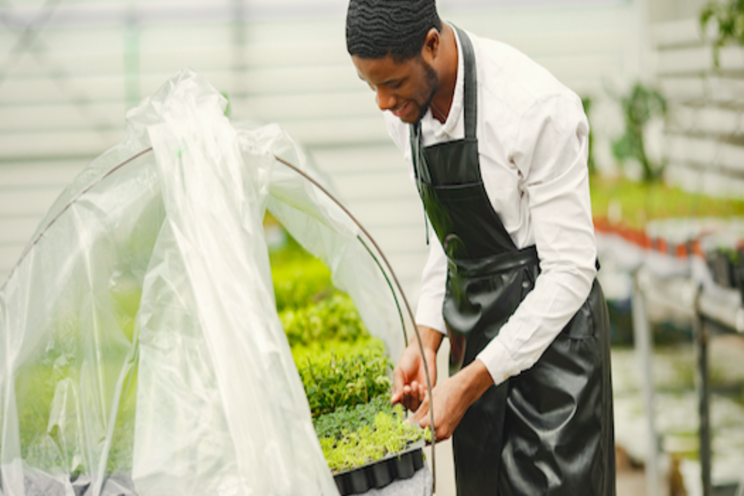
AgroPages spoke with Jonatas Alves, Global Portfolio Head - Soil & Seed Health, to explore how UPL is changing the game for seed treatment, and to hear about the wider sustainability agenda to which it is contributing. You will read the whole story in AgroPages's upcoming '2021 Seed Treatment Special' magazine, which is sponsored by UPL.
UPL - Overview
UPL Ltd. (NSE: UPL & BSE: 512070) is a global provider of sustainable agriculture products & solutions, with annual revenue exceeding $5 billion. As one of the largest agriculture solutions companies worldwide, UPL's portfolio consists of biologicals and conventional crop protection products and solutions with more than 13,600 registrations. UPL is present in more than 130 countries, represented by more than 10,000 colleagues globally.
Seed Treatment
For several decades, UPL has been recognised as a leader in seed treatment via its subsidiary seed treatment brands, which include Uniroyal and Chemtura, and primarily focussed on insecticide and fungicide applications. Since the acquisition of Arysta LifeScienece in 2019, UPL has established a clear role as one of the market leaders in this area, combining traditional crop protection applications with innovative biological applications, and currently leads this highly-specialised work through an internal Soil and Seed Health programme.
UPL's seed treatment business works across the company's global footprint, with competitive market share in soybean, corn, and cereal cultivation. UPL also maintains specialty areas of interest, with excellent market penetration in peanuts, cotton, and sorghum. UPL is a trusted technical partner for the agri-food market, and works directly with farmers, with distributors and agents, with seed companies, and with other agribusinesses.
UPL is also working at the farmer level to improve the efficacy and ease-of-use for seed treatments. UPL has recently developed the first three-way mix of insecticide and fungicide for use in the Indian agricultural marketplace, creating a simple way to apply multiple solutions for corn, soybean, potatoes, and other row crops.
Beyond Protection
UPL is committed to new ways of working and intervening to support food, farms, and farmers, and to improve the sustainability of agricultural practices worldwide. UPL's OpenAg approach is not only a commitment to collaboration, but an understanding that we must see the food system holistically.
UPL's Soil and Seed Health programme draws on the symbiosis of healthy seeds and healthy soils, recognising that a healthy growth environment gives added benefits to the health and resilience of crops. UPL's biological technologies for soil health can be deployed in furrow, supporting treated seeds and providing growers with the most stimulating, optimal conditions for healthy, sustainable cultivation.
UPL's approach to soil health also opens possibilities for the carbon sequestration potential for sustainable agricultural development. Working with biosolutions to ensure carbon and methane are sequestered and retained within the soil bed, UPL's technologies can actively contribute to a reduction in the greenhouse gas emissions of agriculture, and also offer growers a new revenue stream through carbon credit programmes.
Source: AgNews
Photo created by prostooleh - freepik
Source: AgNews
More news
